
March 12, 2025 | Articles
Get Stoked: Hill International Makes Big Waves in Spain’s Surfing Scene
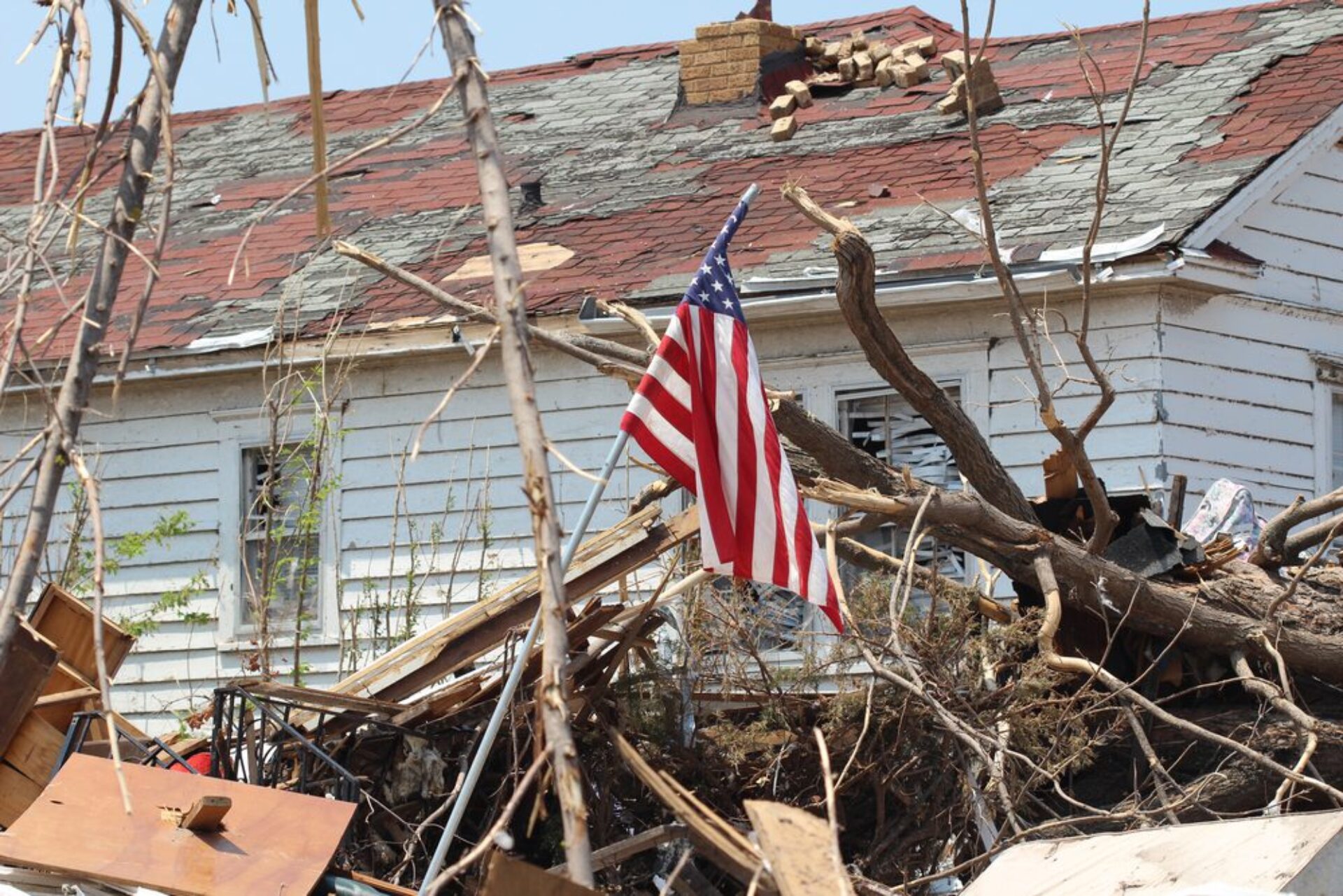
One Friday in late August 2005, new Hill International Director of Resiliency and Disaster Recovery Michelle M. Beauregard left her home in New Orleans to visit family in Mississippi. “My sister had just had a baby, and the family was getting together at her home right on the coast,” she explains. “At the time I left New Orleans, the forecast for Katrina was that the storm would land in Florida, so we all thought we’d be fine.”
Of course, Hurricane Katrina would turn west, devastating the City of New Orleans and the coast of Mississippi. “Katrina made landfall right where we were,” Michelle says. “I was shut out of New Orleans for months, and in Mississippi 78 of the state’s 80 counties were hit, with the coastal communities just demolished.”
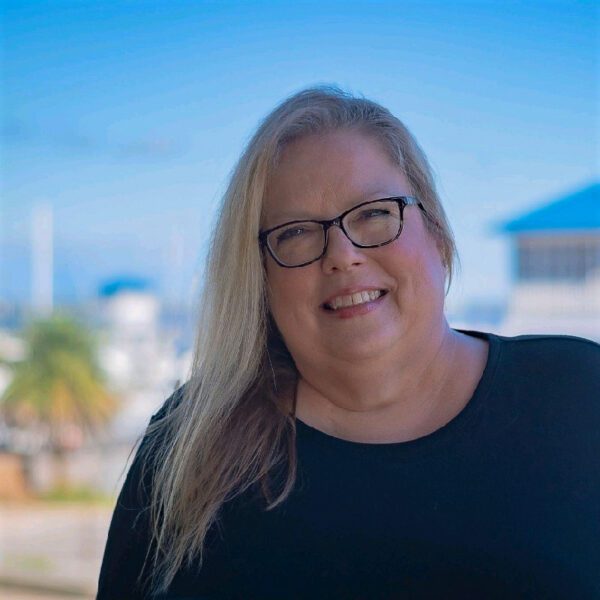
Michelle explains this was the event that led her into recovery and resiliency and, eventually, to Hill. “I’d been doing contract compliance work for a law firm in New Orleans,” she says. “And obviously there was a high demand for that kind of experience after Katrina.”
Today, Michelle joins Hill with nearly two decades of experience providing management consultancy support for large disaster recovery programs throughout the U.S., specializing in Federal Grant Program Administration and Disaster Recovery Management, implementing projects, confirming progress, and monitoring compliance. She has assisted her clients with strategic planning, compliance and grant management, grant appeals resolution, grant training initiatives, disaster closeouts, Office of Inspector General audits (interim and closeout), contract procurement compliance, and many other grants management functions related to Federal Emergency Management Agency (FEMA) Public Assistance, FEMA HMGP (404/406), CDBG, CDBG-DR, CDBG-MIT, and other disaster related grant programs to state, county, and local government entities, and health/educational based/private non-profit organizations. In addition to her expertise in Louisiana and Mississippi, she has also supported planning and administering of more than $50 billion in recovery funds for efforts in New Jersey, New York, South Carolina, Florida, Texas, California, Illinois, and North Dakota.
She says her first-hand experience with Katrina gives her a deep understanding of the challenges of recovery and resiliency work. “I tell my clients, you take care of your family, I’ll take care of the government.”
In particular, Michelle excels at client- and stakeholder-facing tasks, having worked with professionals at every level, from city department heads to CEOs and facility managers. She leverages her ability to connect with clients and stakeholders to develop relationships at the outset of her programs, leading to more robust communications, stronger teams, and better outcomes. Michelle is also a strong team leader. Most recently, she directly supervised a team of 30 with indirect oversight of more than 300 professionals.
Michelle cites her work after Sandy as an example of her approach. “After Sandy, I worked with Seaside Heights in New Jersey, which was just wrecked,” she says. “Seaside Heights is a shore town, completely dependent on tourism, and they needed their boardwalk back up for the summer. Well, we got FEMA approval and funding in April—and this was the first boardwalk project approved by FEMA—and work began in May, with the town ready to welcome visitors by summer.” She adds she still has friends in the community and will soon be attending a wedding in New Jersey.
Michelle says that while the outlook for ever more frequent, ever more intense disasters seems grim, both in the U.S. and globally, she is optimistic the AEC industry can be part of the solution. “Mother Nature drives the bus,” she says. “We can’t predict when and where the next disaster will hit, whether that’s another hurricane or flooding or wildfires, but we can prepare and we can plan.”
Training exercises, continuity procedures, and planning for resiliency are all examples of where Michelle sees opportunities for strategic level disaster preparedness for clients. “Resiliency is the future, and there are good ideas and innovations out there to make communities more resilient,” she says. “In Charleston, SC, for example, they’re being proactive about the reality of what can happen and are raising their seawall now—that kind of thinking saves lives.”
At Hill, Michelle will generate and maintain relationships with new and existing clients to help communities realize these kinds of opportunities, and lead Hill’s teams with her managerial acumen and technical expertise. “There isn’t unlimited funding available for every town and village, and especially for smaller communities just getting the resources to make their infrastructure more resilient can be a challenge,” she explains. “I can help navigate those channels regardless of scale or scope.”
Ultimately, Michelle envisions supporting communities on a global scale. She says: “FEMA serves as a model for other countries to follow, and we can go global with the best practices and lessons learned from the U.S. around the world. Remember, a lot of the poorest nations may be among the hardest hit by disasters—but they can benefit from resiliency best practices just the same.”
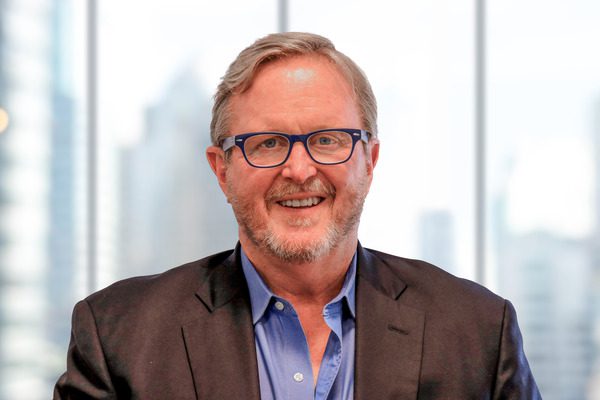
Michelle will report directly to Hill Vice President, Resiliency and Disaster Recovery Andy Robinson. “We’re so excited that Michelle has joined us,” says Andy. “Her experience and focus on client and stakeholder needs aligns her culturally with the rest of our team. And I know she’ll be able to step in and, from day one, deliver the responsivity and expertise that our clients need.”
“Andy and the team at Hill get it,” says Michelle. “And we’re going to deliver resilient, sustainable infrastructure for our clients and their stakeholders.”
Share

March 12, 2025 | Articles
Get Stoked: Hill International Makes Big Waves in Spain’s Surfing Scene
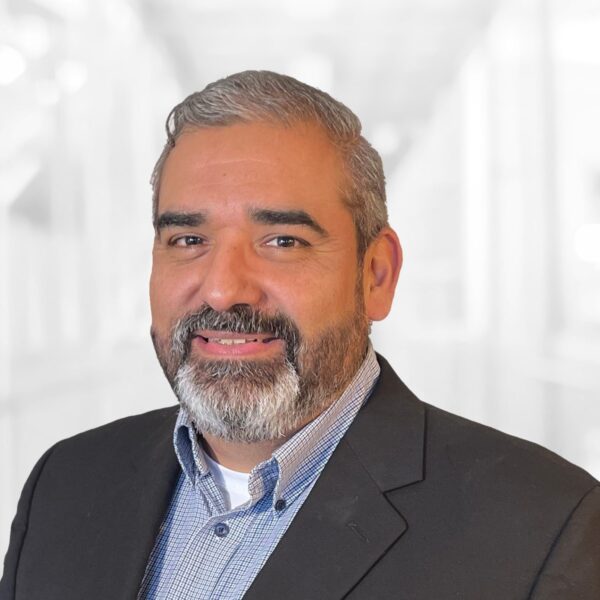
March 9, 2025 | Articles
Project Manager TJ Pinales: Helping Along the Road in San Antonio

March 4, 2025 | Articles
Balancing the Equation: An Interview with Project Manager Tracy Wiyrick

March 1, 2025 | Articles
A Lifelong Project: Calypso Kyriakopoulou’s Multifaceted Career in Construction

February 10, 2025 | Articles
Dual Delivery: A Viable Strategy for Complex Transit Projects

January 23, 2025 | Articles
Plotting a Roadmap to Success on the Torres de Colón Renovation
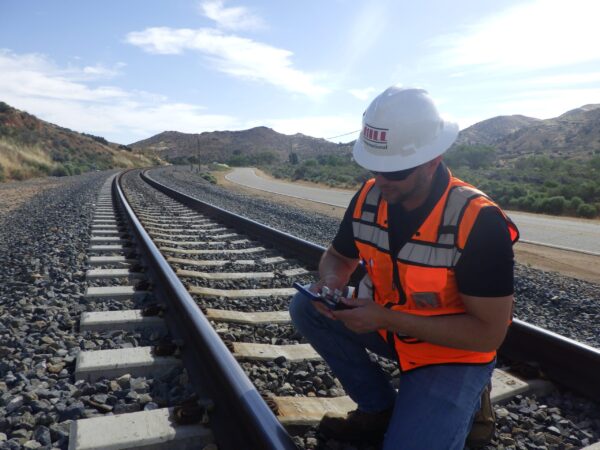
December 12, 2024 | Articles
Progressive Design-Build for Rail and Transit Projects: Room to Run

December 9, 2024 | Articles
Unlocking Growth: Maximizing the Benefits of the SBA’s Mentor-Protégé Program

December 8, 2024 | Articles
Mediterranean Luxury a Century in the Making: Four Seasons Resort Mallorca at Formentor